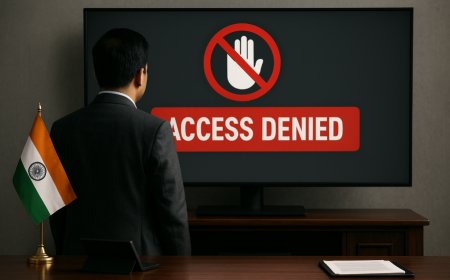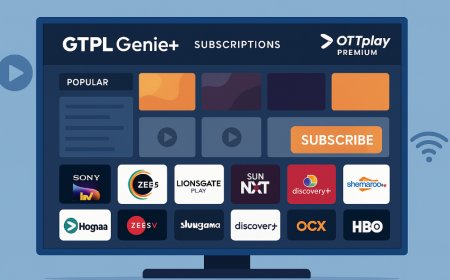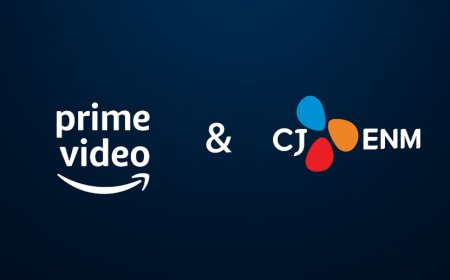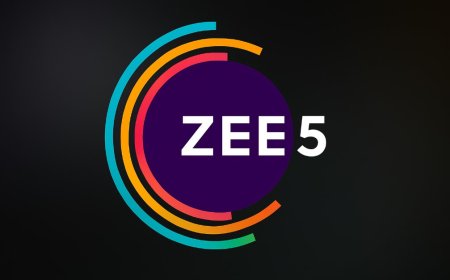Google Faces Landmark Antitrust Trial: Could This Mean the End of Its Adtech Monopoly?
Google is headed to court this September in a major antitrust trial that could reshape the digital advertising industry. Experts say a breakup of its adtech empire is now a real possibility.

Introduction: Google’s Dominance Under Legal Fire
For years, Google has sat at the center of the digital advertising ecosystem, controlling everything from ad buying to delivery and performance measurement. But that dominance may now face its biggest challenge yet. In September, the U.S. government will take Google to trial in a major antitrust case—one that could potentially force a breakup of its sprawling adtech business.
The stakes are high, not just for Google, but for the entire global advertising ecosystem. This trial could redefine the future of digital media, platform monopolies, and fair market competition.
What Is the Case About?
At the heart of the lawsuit is an accusation from the U.S. Department of Justice (DOJ): that Google has used its power in the adtech supply chain to suppress competition and inflate its own profits.
Specifically, the government alleges that:
-
Google owns the tools advertisers use to buy ads (Google Ads)
-
It controls the technology publishers use to sell ad space (Ad Manager)
-
And it operates the exchange where both sides meet (AdX)
This vertical integration allegedly allows Google to act as buyer, seller, and auctioneer, often favoring its own platforms and pricing models—leaving little room for rivals.
Why This Trial Matters
This case marks one of the most serious antitrust challenges faced by any U.S. tech company in recent decades. If the DOJ prevails, the court could order structural remedies, including divesting or separating parts of Google’s ad business.
Such a move would have ripple effects:
-
More transparency in ad pricing and bidding
-
Increased competition for smaller adtech firms
-
Fairer returns for publishers and media companies
-
Less concentration of data under one corporate umbrella
Legal analysts suggest that this trial could become the benchmark for regulating Big Tech monopolies, just as Microsoft’s antitrust case did in the late 1990s.
How Is Google Responding?
Google has denied all allegations, claiming its adtech tools create value, lower costs, and promote efficiency for both advertisers and publishers. The company argues that:
-
The ad market remains highly competitive
-
There are alternative platforms and exchanges
-
Its integrations benefit consumers and businesses alike
Google also emphasizes its ongoing investments in privacy-friendly advertising, such as the Privacy Sandbox—its alternative to third-party cookies.
However, critics claim these initiatives are more about maintaining dominance under a new guise than enabling fair competition.
What’s at Stake for the Industry?
If the court rules in favor of the DOJ, it could lead to:
-
A structural separation of Google’s ad-buying and ad-selling platforms
-
Increased market share for independent adtech firms
-
Greater freedom for publishers to choose their monetization partners
-
More scrutiny of data aggregation practices by digital giants
The broader tech ecosystem is watching closely. Similar regulatory concerns are already brewing in Europe, India, and Australia, where governments are also assessing platform monopolies and their impact on free markets.
Conclusion: A Make-or-Break Moment for Digital Advertising
Google’s September trial could mark a historic turning point. Whether it leads to a forced breakup or not, the case sends a clear signal: regulators are no longer willing to let tech giants dominate unchecked.
What's Your Reaction?
 Like
0
Like
0
 Dislike
0
Dislike
0
 Love
0
Love
0
 Funny
0
Funny
0
 Angry
0
Angry
0
 Sad
0
Sad
0
 Wow
0
Wow
0












































